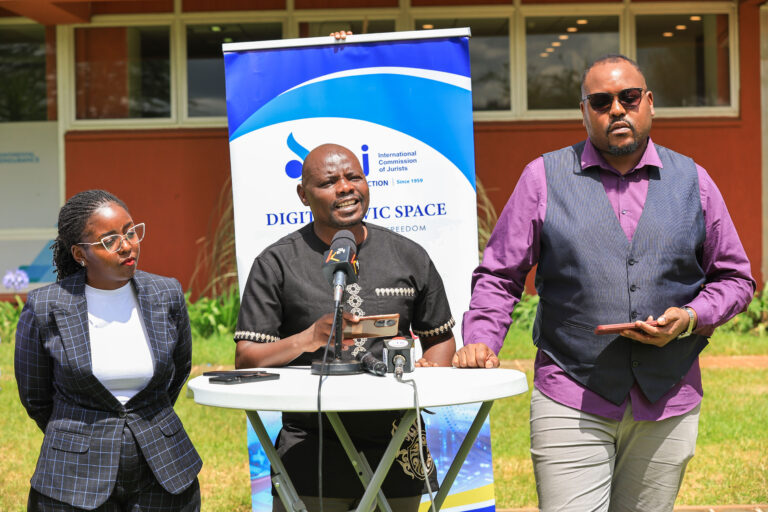In what could become a historic legal moment for Kenya’s digital future, seven civil society organizations have jointly filed a public interest petition challenging the Kenyan government’s role in recent internet disruptions.
The petitioners: The Bloggers Association of Kenya (BAKE), International Commission of Jurists Kenya Section (ICJ Kenya), Paradigm Initiative (PIN), Kenya Union of Journalists (KUJ), Katiba Institute, The Law Society of Kenya (LSK), and The Collaboration on International ICT Policy for East and Southern Africa (CIPESA)—are asking the court to declare internet shutdowns unconstitutional and to introduce judicial checks on any future disruptions.
Their case targets the Communications Authority of Kenya (CA), the Attorney General, the Ministry of Information and Communication, and telecom providers Safaricom and Airtel.
What triggered the lawsuit?
The lawsuit follows multiple incidents of internet interference in Kenya, including throttling of services and the reported blocking of Telegram during the 2023 #RejectFinanceBill protests and the 2024 KCSE examinations.
These weren’t just isolated glitches. They were documented, with technical evidence provided by Cloudflare, the Open Observatory of Network Interference (OONI), and the Internet Outage Detection and Analysis project (IODA), confirming deliberate tampering with connectivity.
Court says: Hands off the internet—for Now
Shortly after the case was filed, Justice Bahati Mwamuye of the High Court issued temporary orders barring any further interference with internet access by the respondents. The interim ruling acts as a protective measure for Kenyans while the case proceeds.
Why it matters
This case goes beyond internet speeds and access. It strikes at the core of constitutional freedoms. The petitioners argue that Kenya’s repeated, unexplained disruptions of digital platforms violate key rights enshrined in the Constitution, freedom of expression (Article 33), media freedom (Article 34), access to information (Article 35), and social and economic rights.
“The internet is not a luxury—it’s the backbone of modern society,” said Eric Mukoya, Executive Director at ICJ Kenya. “When you shut it down, you silence dissent, undermine transparency, and threaten livelihoods.”
Kenya is a signatory to multiple human rights treaties, including the African Charter on Human and Peoples’ Rights and the International Covenant on Civil and Political Rights, both of which underscore the right to free expression and access to information.
The bigger ask
The seven organizations are calling for broader reforms. They want the court to establish that any interference with digital access must follow strict legal guidelines, specifically, the constitutional test under Article 24, which demands that any limitation on rights must be legal, necessary, and proportionate.
They are also seeking the creation of clear, court-monitored systems to ensure transparency and accountability in decisions related to digital governance moving forward.
Digital rights are human rights
As digital tools become deeply woven into education, commerce, political engagement, and even crisis response, the idea of “digital rights” is no longer niche, it’s central to human rights.
“This is about protecting every Kenyan who relies on the internet to earn, learn, connect, and be heard,” said Kennedy Kachwanya, Chairperson of BAKE. “We are urging the courts—and the public—not to treat this as a technical issue. It’s a democratic issue.”
A case to watch
This landmark case could set a powerful precedent not just for Kenya, but for the broader region. With more African governments accused of digital repression in recent years, the court’s final ruling may inspire similar legal action elsewhere.




